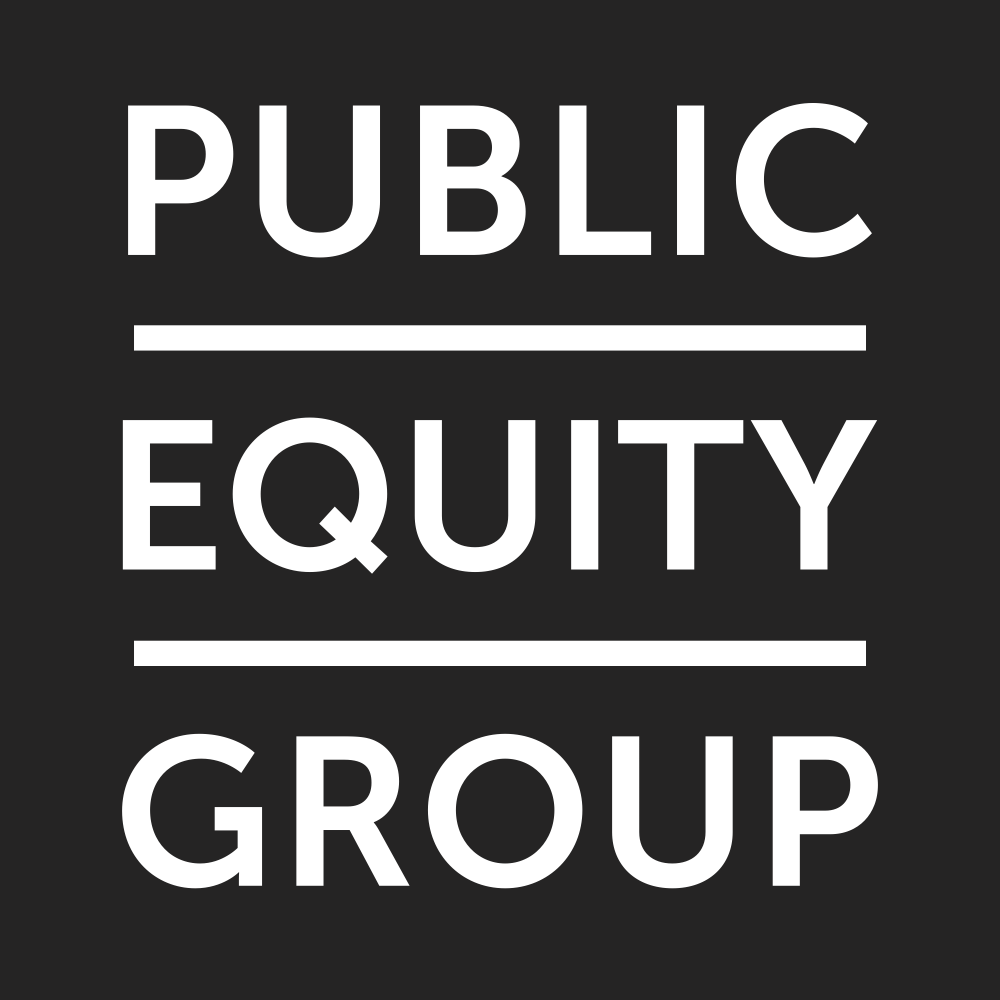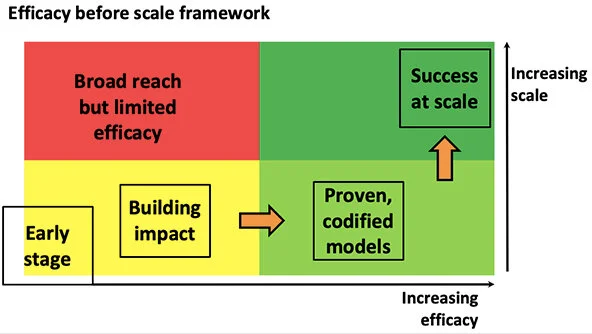Hewlett Foundation shares resources to prepare for and respond to the Supreme Court’s affirmative action decisions, including from Public Equity Group, ACLU, Munger, Tolles, and Olson and others
Explore Public Equity Group’s memo on how the Supreme Court’s Affirmative Action ruling can impact the workplace and how organizations can protect diversity programs.
The legal implications of the SCOTUS affirmative action decisions are still being determined (and re-litigated) by courts and regulatory bodies. While we’ll do our best to update these resources accordingly, we encourage you to consult legal counsel for the latest developments
Explore the Financial Times article, “Corporate diversity in the crosshairs after US Supreme Court ruling” (June 29, 2023), which outlines how the Supreme Court’s ruling creates hardships for organizations:
“[Per PEG Legal Team] the Supreme Court’s legal reasoning in the college cases could be applied in other cases aiming to end companies’ ability to use race as a factor in training, leadership and mentorship programmes designed to correct historic underrepresentation”







